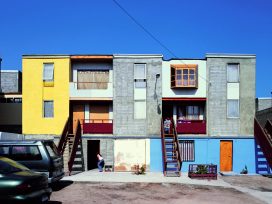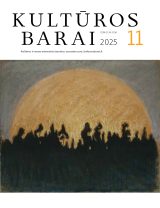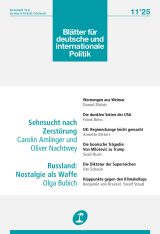Richard Sennett
Centennial Professor of Sociology at the London School of Economics. His books include Families Against the City, The Hidden Injuries of Class, The Fall of Public Man, Authority, The Corrosion of Character, Respect, The Culture of the New Capitalism, Together, The Craftsman, and Building and Dwelling.
He was founder of the New York Institute for the Humanities, then President of the American Council on Work. For the last three decades, he has served as a consultant to various bodies within the United Nations; most recently, he wrote the mission statement for Habitat III, the United Nation’s environmental congress. Five years ago, he created Theatrum Mundi, a research foundation for urban culture, whose board of trustees he now chairs.
Among other awards, he has received the Hegel Prize, the Spinoza Prize, an honorary doctorate from the University of Cambridge, and the Centennial Medal from Harvard University.


